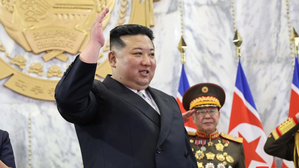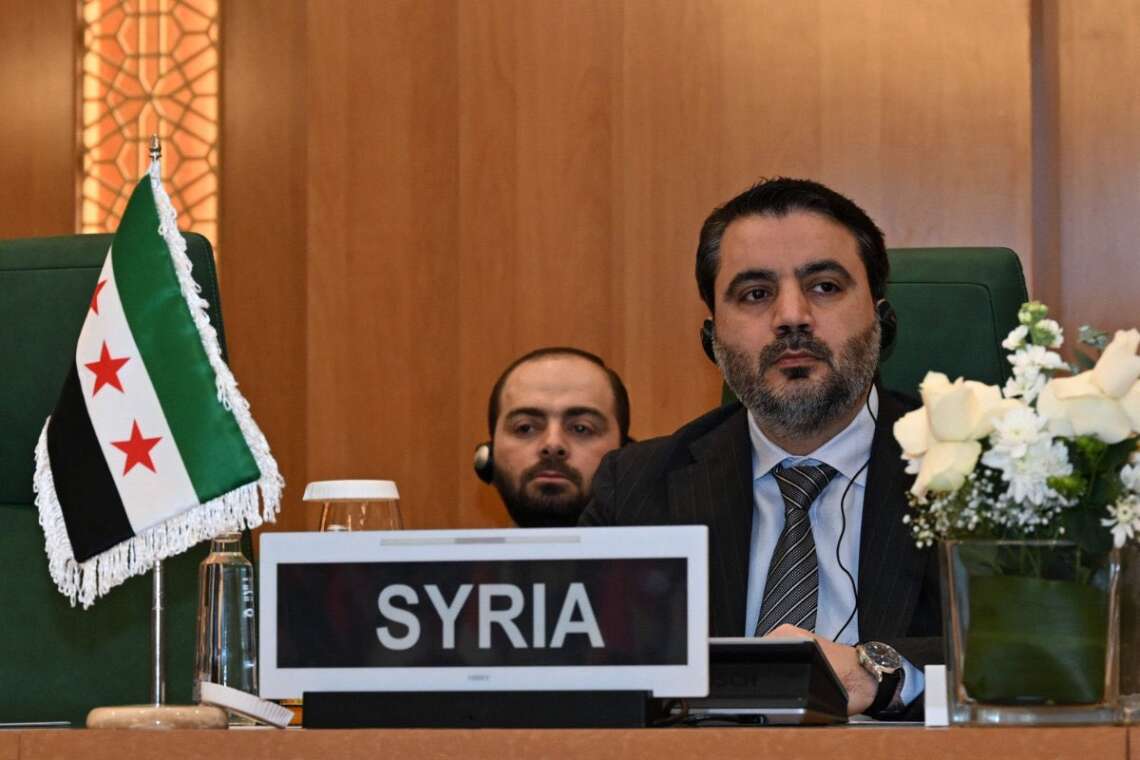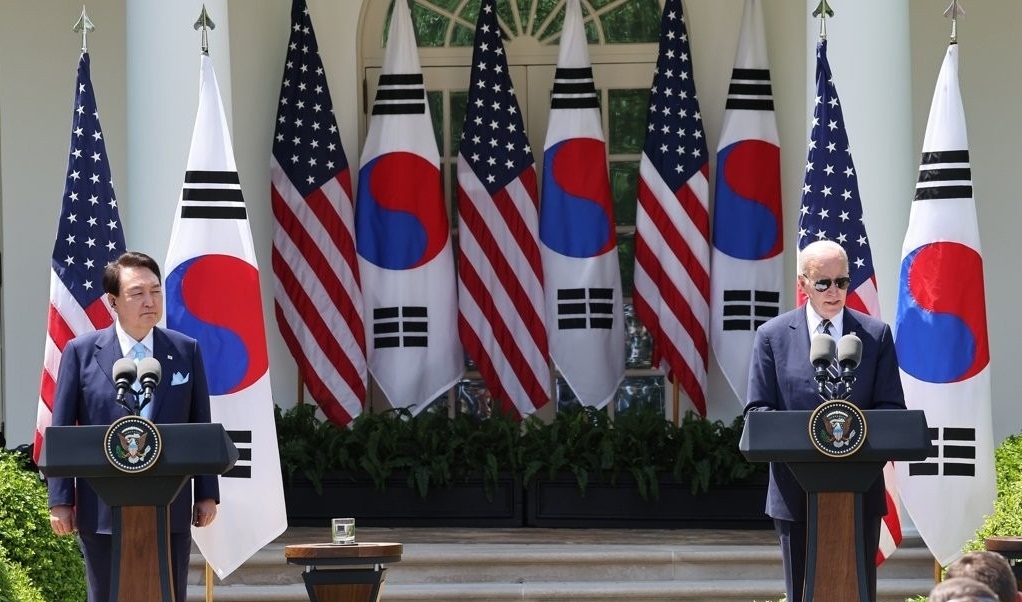North Korea has reiterated its commitment to strengthening its defensive capabilities in response to what it terms “provocative attempts” by South Korea and the United States. This comes as tensions on the Korean Peninsula continue to escalate.
A statement from Pyongyang’s defence policy chief, released via the state-run Korean Central News Agency (KCNA) on Saturday, underlined the necessity of bolstering the country’s military readiness. “The DPRK’s bolstering of its self-defensive capabilities is an essential requirement for deterring rivals’ ever-increasing various provocative attempts and ensuring the security of the state,” the statement read.
DPRK, the acronym for North Korea’s official name, the Democratic People’s Republic of Korea, issued the remarks following testimony from General Gregory Guillot, commander of the US Northern Command, before the US Senate Armed Services Committee. Guillot had warned that North Korea’s latest intercontinental ballistic missile (ICBM) developments could pose a direct threat to the US mainland.
The North dismissed Guillot’s statements, accusing Washington of fabricating “non-existent” threats to rationalise its “hostile policies” and military advancements. Pyongyang claimed the US is using these narratives to justify its “adventurous military ambitions.”
“It is the self-defensive right of a sovereign state to steadily develop its defence capabilities,” the statement asserted. “The armed forces of the DPRK will, as always, fully deter and control all kinds of challenges and threats from its rival countries.”
The North also criticised recent US actions, including the deployment of a nuclear submarine to the region, joint military exercises between Seoul and Washington, and trilateral information-sharing initiatives with Tokyo. Pyongyang further accused the US of advancing its missile defence systems to target other nations and militarising outer space.
North Korea concluded its statement by reaffirming its mission to “reliably defend peace and stability on the Korean Peninsula and in the region” through what it described as “powerful self-defence capabilities.”
This development underscores the ongoing strain in relations between the two Koreas, the US, and their regional allies, with no clear resolution in sight.













